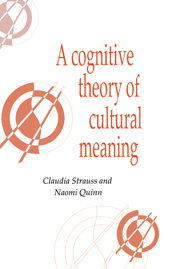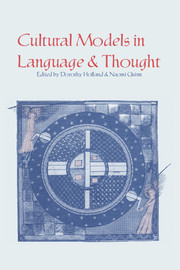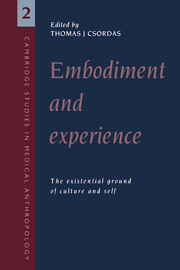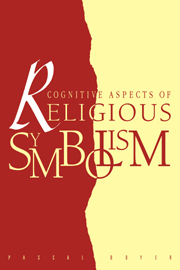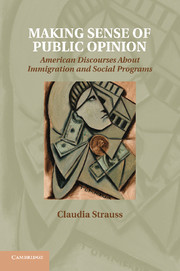A Cognitive Theory of Cultural Meaning
'Culture' and 'meaning' are central to anthropology, but anthropologists do not agree on what they are. Claudia Strauss and Naomi Quinn propose a new theory of cultural meaning, one that gives priority to the way people's experiences are internalized. Drawing on 'connectionist' or 'neural network' models as well as other psychological theories, they argue that cultural meanings are not fixed or limited to static groups, but neither are they constantly revised and contested. Their approach is illustrated by original research on understandings of marriage and ideas of success in the United States.
- Relates arguments of book to work of Geertz, Bourdieu, and other major social theorists
- Demonstrates relevance of psychological anthropology to current concerns with self, ethnicity, gender, consciousness, meaning
- Explains connectionist modelling in a way accessible to anthropologists
- 'Cognition' is a big topic, increasingly being taken up by leading figures in anthropology e.g. Maurice Bloch, Dan Sperber, Stephen Levinson
Product details
January 1998Hardback
9780521594097
336 pages
235 × 155 × 26 mm
0.643kg
1 b/w illus.
Available
Table of Contents
- Part I. Background:
- 1 Introduction
- 2. Anthropological resistance
- 3. Schema theory and connectionism
- 4. Two properties of cultures
- 5. Three further properties of culture
- Part II. Practice and Possibilities:
- 6. Research on shared task solutions
- 7. Research on the pschodynamics of shared understandings
- 8. Research on cultural discontinuities
- 9. Beyond old oppositions.

